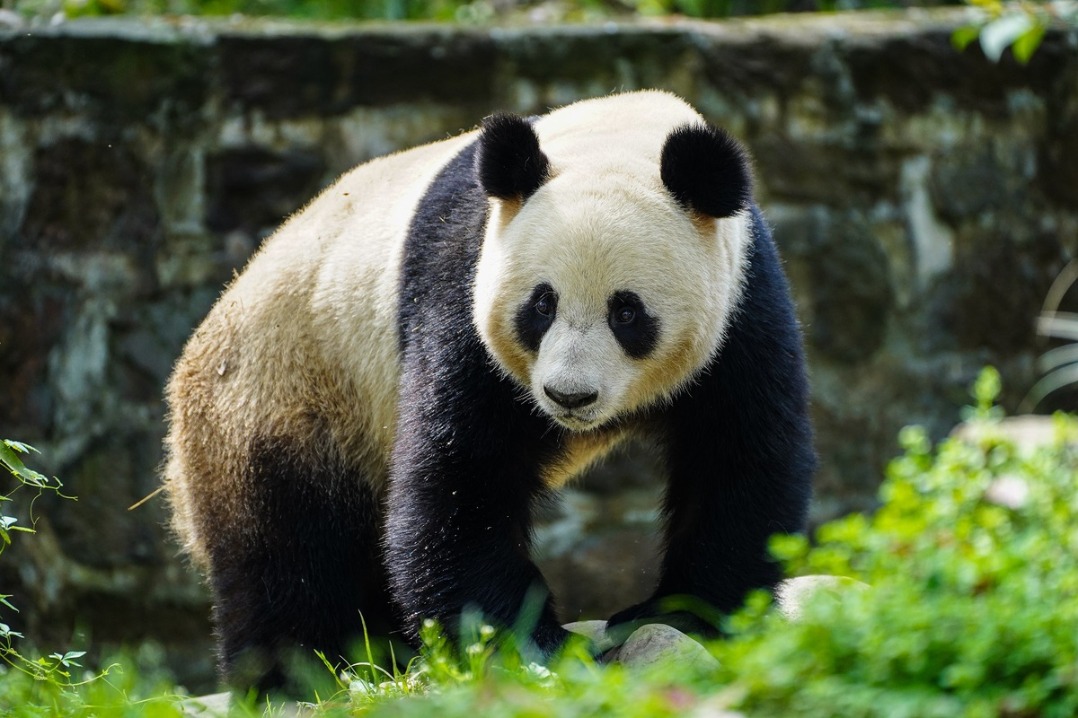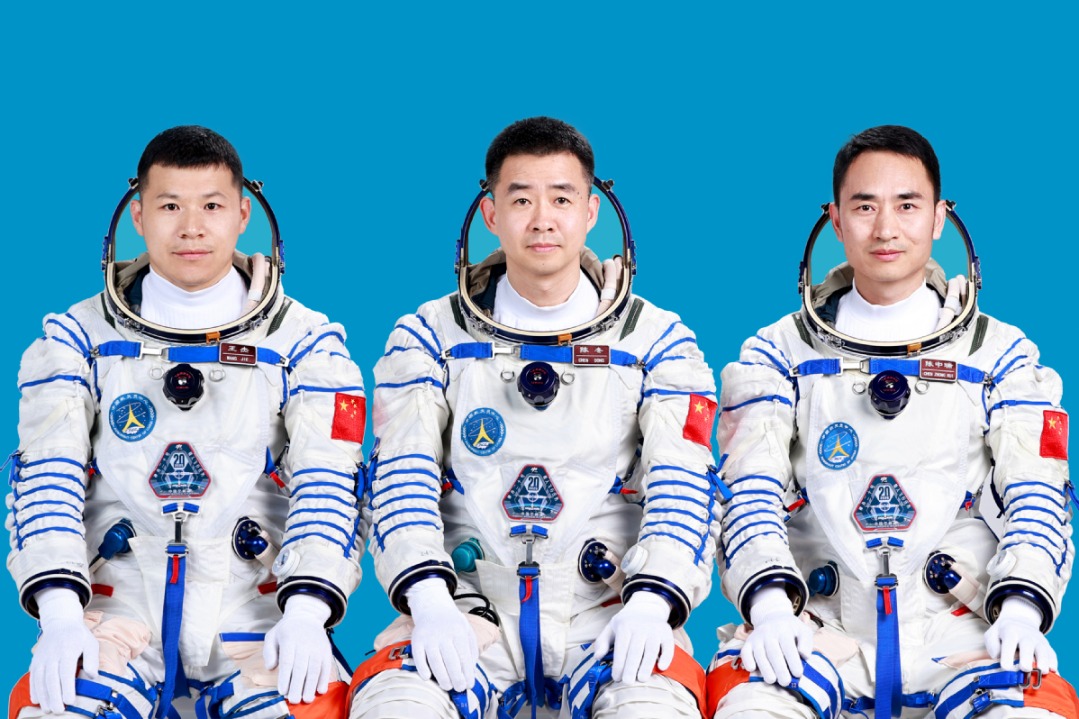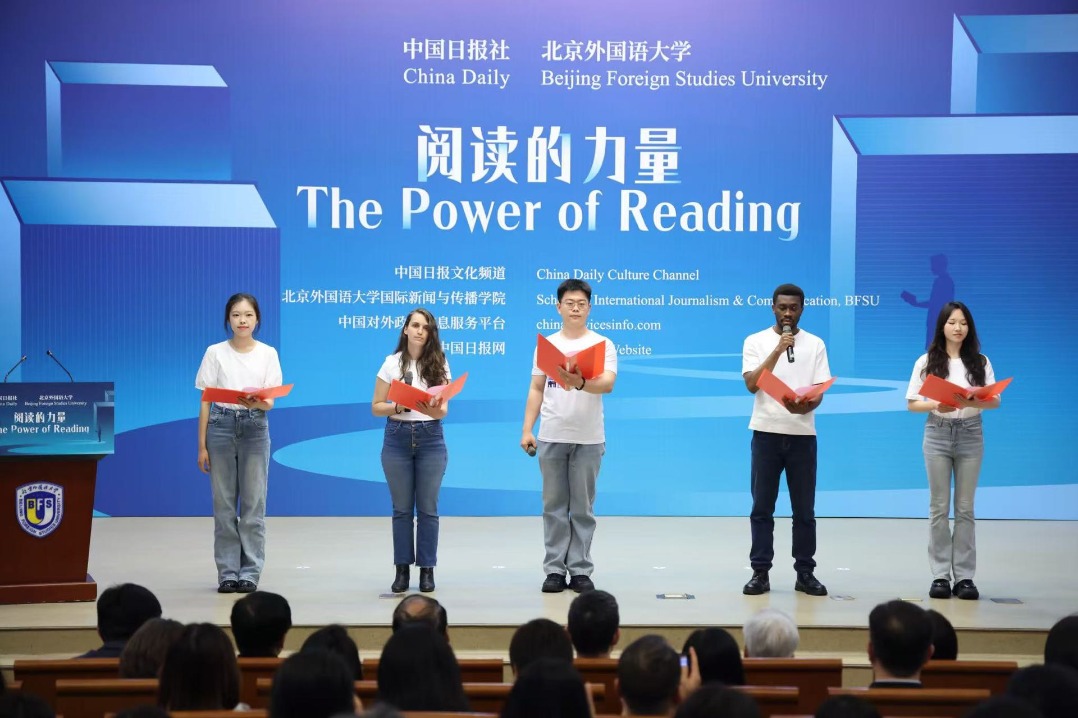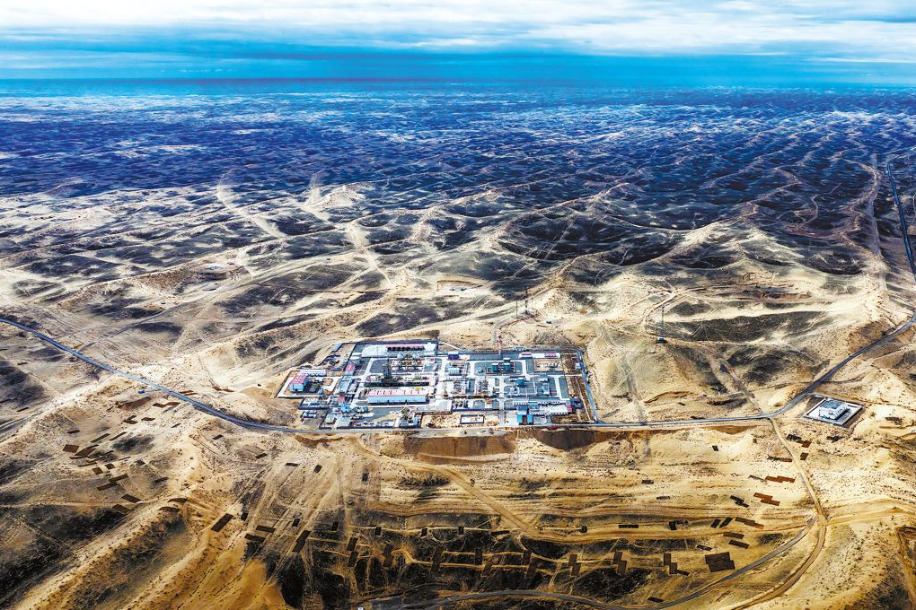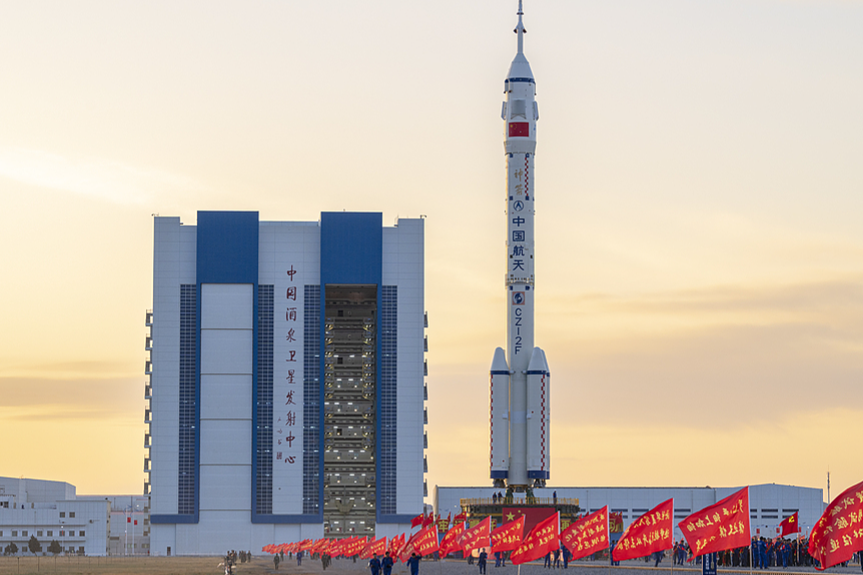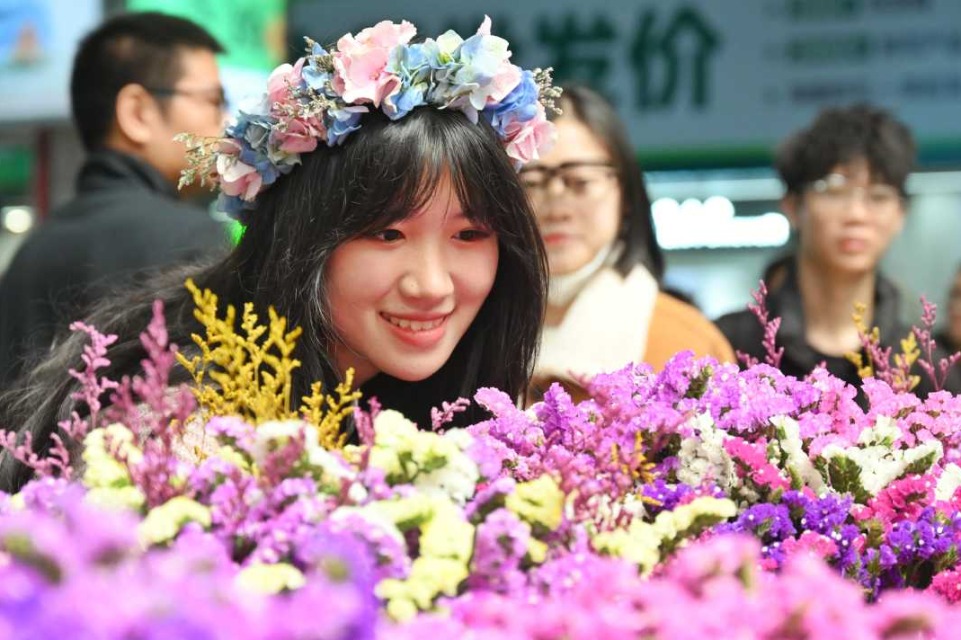JXQ AI Forum 2025: Charting China's AI-driven future through collaboration and innovation

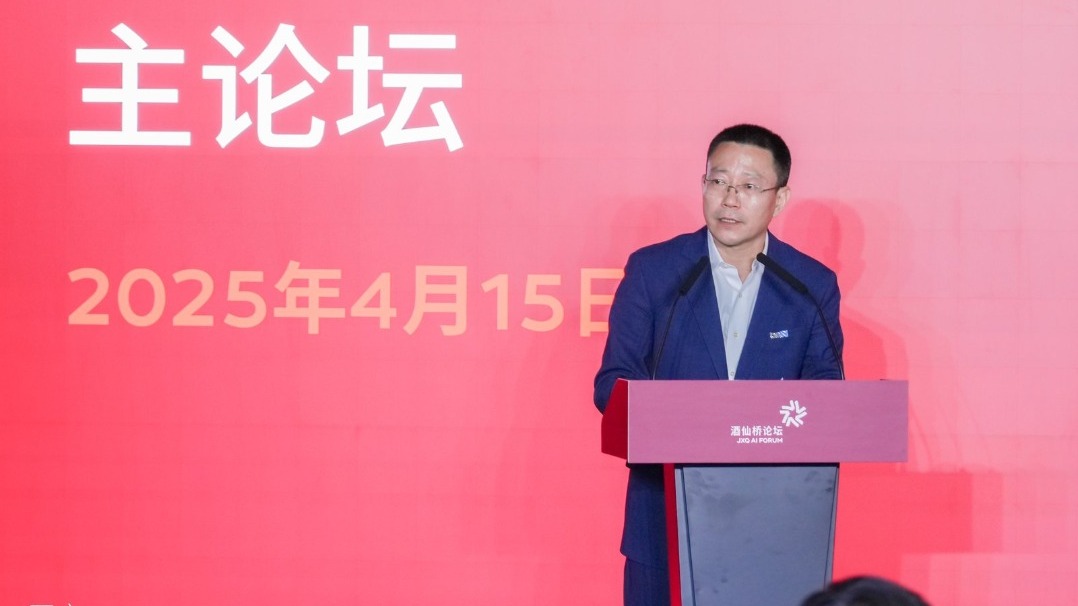
China’s first JXQ AI Forum opened in Beijing on April 15, focusing on the shift from AI research to practical applications. Jing Lei, chairman of Beijing Electronic Digital & Intelligence Technology Co Ltd, called it a platform for industry collaboration and communication.
His remarks set the tone for six days of intensive dialogue among policymakers, academics, and industry leaders on accelerating AI's industrial integration.
Hosted at the Beijing Digital Economic Artificial Intelligence Data Center in Jiuxianqiao, Chaoyang district, the forum brought together over 500 stakeholders, including representatives from BOE, Huawei, H3C, and DeepSeek, to dissect AI's role in driving China's new-quality productive forces. Unlike conventional tech summits, the event prioritized candid exchanges between speakers and attendees, with panel discussions and roundtables probing challenges ranging from data governance to ethical AI deployment.
Central to the discourse were insights from frontline practitioners. Wu Hequan, a Chinese Academy of Engineering academician, warned of fragmented data ecosystems hindering AI scalability.
"Secure, cross-industry data circulation frameworks are the bedrock of trustworthy AI," he said, urging regulators and enterprises to jointly address privacy risks.
Meanwhile, Lou Yixiang, director of Zhongguancun Chaoyang Park Administrative Committee, highlighted AI's economic ripple effects.
"From generative content platforms to AI-powered diagnostics, we're witnessing the birth of trillion-dollar markets—but only if industries embrace open collaboration."
Executives from leading firms offered contrasting perspectives.
He Baohong of the China Academy of Information and Communications Technology, called for urgent investment in domestic computing ecosystems to bypass foreign chip dependencies, while Li Peng, Huawei's chief marketing officer for Computing Products, advocated hybrid infrastructure models.
"Scalability, not just raw power, will define China's AI competitiveness," he said.
Notably, Xie Dong, CTO of Beijing Electronic Digital & Intelligence Technology Co Ltd, outlined a six-pillar roadmap for "distributed intelligence”, stressing adaptive systems that balance innovation with accountability.
The forum unfolded against a backdrop of intensifying global AI rivalry.
With China's tech giants racing to deploy multimodal models and smart manufacturing solutions, policymakers view this event as vital to consolidating the nation's industrial chain advantages.
Recent government directives prioritizing AI in sectors from healthcare to energy have further amplified the stakes.
As Xia Fan, vice-president of North China Microelectronics, said: "This isn't just about catching up—it's about redefining how AI serves socioeconomic goals. The real work begins after the speeches end."
Today's Top News
- Xi holds talks with Azerbaijani president
- China to launch Shenzhou XX mission for crew shift
- White House has to make tariff retreat
- China sends condolences over death of pope
- Tariffs to speed up nation's semiconductor innovation drive
- Outlook for US, global growth down
















